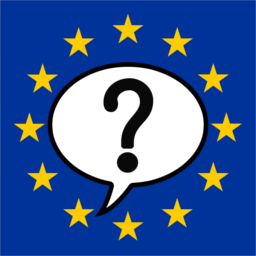Lately we’ve seen the EU do several amazing things to make platforms more open and user respecting by forcing:
- Microsoft to allow uninstallation of some of their apps
- Apple to allow browsers based on engines other than WebKit on iOS
- Apple to allow third-party app stores
- messaging apps to be able to interoperate
- etc.
I haven’t delved really deeply, so maybe I misunderstood some details, but I have a question that I don’t seem to find answers for anywhere: what makes certain platforms different from the others in so that, if they function in certain ways that make them depend on the vendor for certain functionality, they can be regulated into opening up more?
What I notice as the common denominator is that maybe external parties are involved or user decision is being restricted, but I wonder if, for example, iOS had its store only host Apple-made apps making it a completely closed platform, would they be safe from regulation that forces them to change operation? If not, what makes it different from, say, a router with a proprietary OS that can in no way be changed, or any other appliance that hosts its own software and nothing else?


I see!
True that, though I wouldn’t rule it out completely after the sudden boom that ByteDance had with TikTok